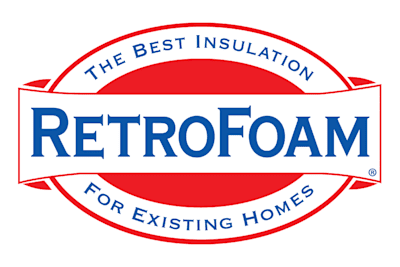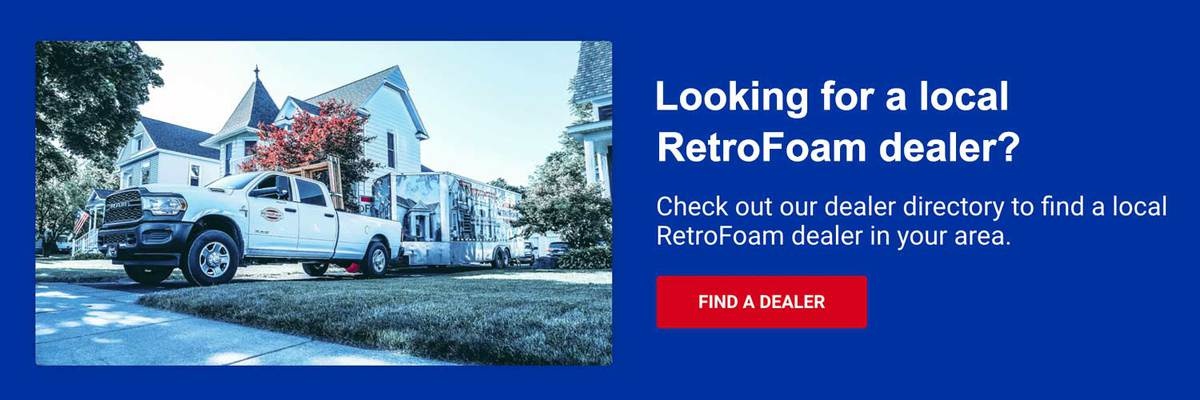How Often Should You Insulate Your House?
spray foam insulation | RetroFoam insulation | foam university


When it comes to maintaining your home, one of the critical questions that often arise is: how often should you insulate your house?
It's a valid concern, considering the significant role insulation plays in energy efficiency and overall comfort.
In this article, we'll explore the various types of insulation and their longevity, helping you determine the right time for insulation updates.
Understanding Insulation Lifespan
The insulation in your home isn’t something that is top of mind until you start to notice issues like uncomfortable rooms and high energy bills.
What many homeowners don’t realize is that traditional insulation materials, like fiberglass and cellulose, can shift, settle, and sag over time and will need to be replaced sooner rather than later.
There is another option that is a one-and-done solution, so let’s jump right into your options and what material will last the longest.
The Ideal Scenario: Long-Lasting Insulation
In an ideal world, your home's original insulation would last as long as the building itself.
High-quality materials like spray foam are designed with this longevity in mind, requiring little to no maintenance over the years.
Unfortunately, due to cost considerations during construction, this is not always the case.
The Cost Factor: Common Insulation Choices
When building a new home, costs often dictate material choices, and insulation is frequently an area where expenses are minimized.
This leads to the use of materials like fiberglass, which, while cost-effective, may not offer the same durability as higher-priced options.
Type #1: Fiberglass Insulation
Fiberglass, the most economical choice, unfortunately, requires the most frequent replacement.
It's essential to inspect fiberglass insulation at least once a year or ideally every six months.
Factors like pollutants and pest activity can degrade its quality, necessitating replacement every five to seven years.
Type #2: Cellulose Insulation
Cellulose insulation, a step up in both quality and price, also needs regular inspection — at least annually.
Due to its tendency to drift (similar to sand dunes), it may need re-leveling over time. With proper maintenance, cellulose can last between 10 to 15 years.
Type #3: Spray Foam Insulation
Spray foam represents the premium choice in home insulation.
This type is often seen in new builds and is known for its durability, often lasting the lifetime of the building.
Retrofitting with RetroFoam
For those dealing with older homes insulated with less durable materials, there's good news.
RetroFoam insulation can be installed without the need for tearing down walls, offering an efficient way to enhance your home's insulation. This injection foam, coupled with spray foam insulation, can help you seal the building envelope of your home, making it more comfortable and energy-efficient.
Regular Inspection is Key
Regardless of the insulation type, a yearly check is recommended to ensure its effectiveness and condition.
This practice not only prolongs the insulation's life but also contributes to a more comfortable and energy-efficient home. Remember, while some options, like spray foam, are designed to last a lifetime, regular inspections can help you spot and address any unforeseen issues early.
For more information on how RetroFoam can improve your home's insulation without major renovations, visit our Learning Center.
Related Articles
How Long Does Home Insulation Last?
Ten Home Problems That May Warrant Adding RetroFoam Insulation to Exterior Walls
What is the Difference Between RetroFoam Injection Foam and Spray Foam Insulation?
About Eric Garcia
Eric brings his knowledge and training in building science, training in spray and injection foams from the manufacturers, more than eight years installing foam insulation, as well as selling and managing in the foam insulation industry. He is also BPI and Dale Carnegie certified and has taken several building science courses, including air sealing and building envelope. Eric is the Professor of Foam on our educational YouTube series Foam University. Even when Eric is off he is usually still “working” or thinking about work, but when he can get away he enjoys camping, hiking, hunting, and woodworking.


